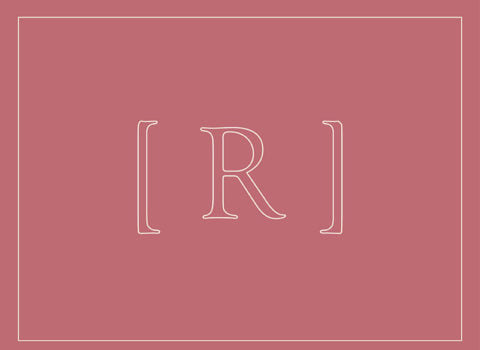From the essay “Bela’s Pilgrim,” which was published in the Winter/Spring 2022 issue of Jewish Currents. Shayevich left Azerbaijan in the Nineties to seek asylum in the United States.
As we were filling a suitcase with mandarins and baklavas, arguing over how many toys I could bring, the Soviet army invaded. Everyone ran out to look. Were they shooting a movie? No. They were shooting around the Caspian Sea. Papa wouldn’t let me sleep facing the window because of “mischievous bullets.” I didn’t understand. When he picked us up in the morning, Uncle Seryozha said to wear two pairs of pants on the ride to the airport because we would piss ourselves.
I must have had my eyes closed all the way from Baku to Moscow. I don’t remember the bodies dangling over the balcony railings or the puddles of blood. All I remember is falling asleep to the silhouette of a tank against our lace curtains, then lo and behold: miraculous doors, opening onto the dazzling fluorescence of paradise. Out of the darkness, in Mama’s arms, I was borne into the whitest place I had ever seen, like God’s own CVS. The faceless, unbodied American consul asked what would happen if they didn’t let us come. Babulya: “We’ll all be killed.” Hahaha. But it worked. We were dubbed refugees.
Two silent men from the Hebrew Immigrant Aid Society picked us up at O’Hare and dropped us off at the Stars Motel in the city. Our first morning out, we marched straight to the nearest McDonald’s. Papa took pictures of me in the ball pit. Back in the Stars Motel parking lot, there was a squashed M&M on the ground. “Mama, the streets are paved in candy!!!” We had been promised this exact pile of shit and received it ecstatically. When Babulya was my age, she’d eaten the paint off the walls and salt off the floor because there was nothing else.
We moved into a basement apartment in Matteson, Illinois, and I was bestowed with the gift of two years’ tuition at the Hebrew Academy of Northwest Indiana. HANI was K-8, with one hundred students. It was housed in a former TV station with two giant satellite dishes out back instead of a playground. Every day we had Hebrew class with a butch Israeli named Ms. Hanukah, harsh and authoritarian, which I found comforting. In Soviet preschool, our teachers had spanked us, we would get yelled at for e.g., not having the motor skills to embroider the Kremlin. Here, other than in Ms. Hanukah’s class, all we did was eat animal crackers and roll around on the floor.
Why weren’t we being disparaged and disciplined? When would I get my chance to show off my patriotism? I would cut little strips off my clothes, chunks out of my hair, draw all over my arms and legs, and run out of class sobbing for no articulable reason. Nobody stopped me.
The sociological literature alleges that American Jews were disappointed in the three hundred thousand of us who have immigrated since the Seventies because we weren’t religious enough—“secular,” and worse, “culturally Russian.” Even before we got here, they’d been upset that although we were supposed to be “fleeing religious oppression” so we could “practice Judaism,” most of us wanted to live in America rather than Israel. Awkward!
I don’t think that’s why we didn’t take to each other. Religion isn’t what binds the American Jews I’ve seen, it’s class: whether that be the urban lefties looking down on our joyous embrace of prosperity or the suburban varietals who were just trying to look good “helping the poor.” We are supposed to be, like, your ancestors, dummies. Of course we are vulgar, materialistic, “arriviste and shtetl-chauvinists” from Eastern Europe. No duh we embarrass you. What’s wrong with us is the same thing that’s wrong with anybody: we’re trash. So what?
Soon after I started at HANI, somebody told my father about the children’s theater in the basement of the Park Forest Public Library, across the street from the Sears. The woman who ran it was like a smaller and nicer Ms. Hanukah. She saw me, at six years old, having just barely learned to speak and read English, and she had a vision: I’d make the perfect Anne Frank.
Boy, was she right. As soon as I learned about Nazis, that they were murderers who liked to kill little Jewish girls and their families, I felt like I already knew her. I wanted to be her, to be the star, to earn the glamour of murder. Who among us doesn’t get off on imagining people just like them getting killed?
I got the book to prepare for my role and read it under the desk in Ms. Hanukah’s class. I must have wanted to get caught. Maybe I was even hoping for some Nazi/Soviet preschool–style corporal punishment. Ms. Hanukah gruffly took my book away and, after class, sat me down. She said that what I had done wasn’t right and that I mustn’t do it again. She was, however, extremely pleased that I was so serious about studying the Shoah.
“Of course I love the Shoah!!!”
And with that, to my parents’ disgust and dismay, I became an American Jew.























































































